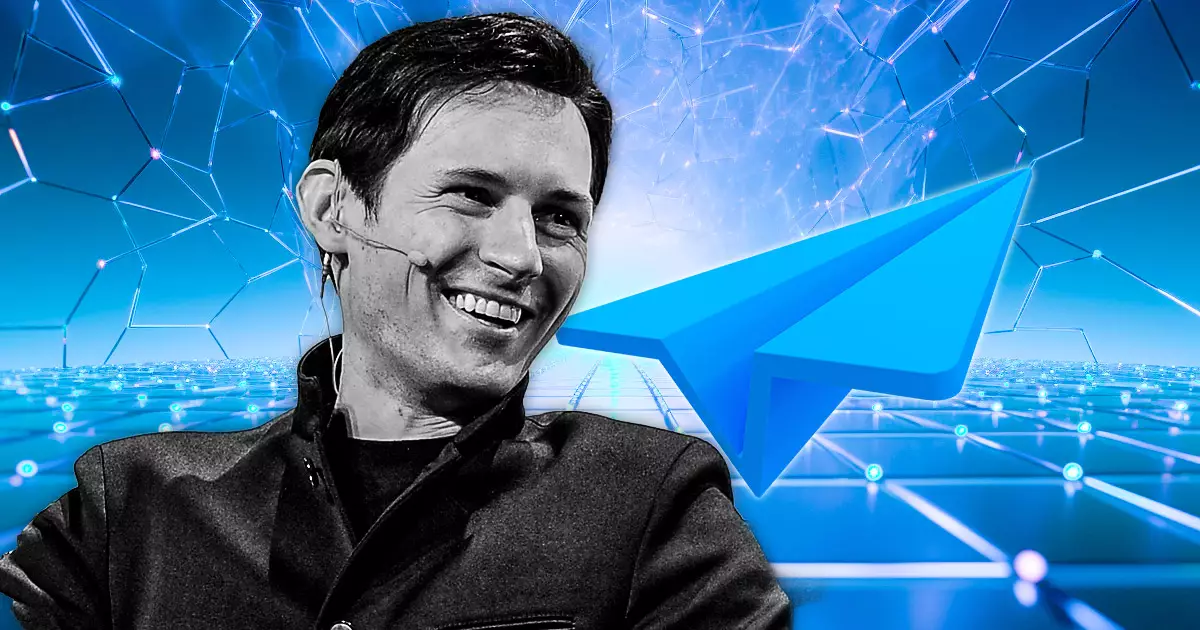Pavel Durov, the CEO of Telegram, has been released from prison but placed under judicial supervision by the French authorities. He is required to deposit a €5 million bond and cannot leave the French territory. Additionally, Durov must report to the police station twice a week as part of his bond conditions. These strict measures indicate the seriousness of the charges brought against him.
The Paris Judicial Court has officially charged Durov with six offenses, including “complicity in the management of an online platform allowing illegal transactions in an organized gang,” money laundering, and refusal to provide information to authorities. These charges are grave and point to serious allegations against the CEO of Telegram. The investigation appears to involve Telegram’s encryption services and its failure to register with the French government.
Durov, known for his defense of free speech and resistance to moderating content on Telegram, has faced criticism from child safety groups. They argue that the platform has become a hub for illegal activities, including child sexual content, and remains uncooperative in combating them. While Telegram claims to employ moderators, AI, and user reports to remove such content from public channels, there is a lack of clarity on reporting illegal activities in private chats.
The arrest of Pavel Durov has sparked reactions from free speech advocates and tech industry figures. Many criticize the arrest as a violation of human rights and question whether other social media platforms’ leadership would also be held accountable for misuse by certain individuals. Some have raised concerns that French authorities may be attempting to access or control communications on Telegram. However, French President Emmanuel Macron has clarified that Durov’s arrest is part of a judicial process without political motivations.
The arrest of Telegram CEO Pavel Durov raises significant concerns about content moderation, encryption services, and legal obligations of social media platforms. The charges brought against him highlight the need for transparency, cooperation with authorities, and accountability in the digital sphere. This case serves as a reminder of the complex challenges faced by technology companies operating in a global and interconnected world.














